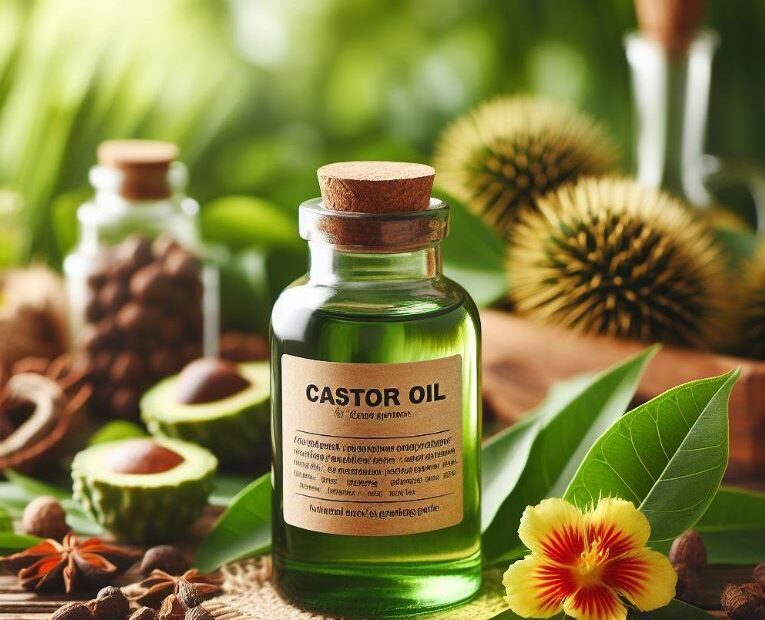Castor oil is a versatile and widely used natural remedy known for its numerous health benefits. From promoting hair growth to relieving constipation, this oil has gained popularity in recent years. However, there is often confusion about whether castor oil needs to be refrigerated to maintain its effectiveness and extend its shelf life. In this article, we will explore this topic and provide valuable insights to help you make an informed decision.
Understanding Castor Oil
Castor oil is derived from the seeds of the castor plant (Ricinus communis) and has been used for centuries for its medicinal properties. It is rich in ricinoleic acid, a monounsaturated fatty acid that gives the oil its unique properties. Castor oil is known for its anti-inflammatory, antimicrobial, and moisturizing effects, making it a popular ingredient in various beauty and healthcare products.
Shelf Life of Castor Oil
Like any other oil, castor oil has a shelf life, and its quality can deteriorate over time. The shelf life of castor oil depends on various factors, including how it is stored. While some oils require refrigeration to maintain their freshness, castor oil is an exception.
Stability at Room Temperature
Castor oil is highly stable at room temperature, which means it does not easily spoil or become rancid. This is due to its high content of ricinoleic acid, which acts as a natural preservative. As long as castor oil is stored in a cool, dark place away from direct sunlight and heat sources, it can retain its quality for a long time.
Refrigeration and Cold Storage
While refrigeration is not necessary for castor oil, some people choose to store it in the refrigerator to prolong its shelf life. Cold storage can slow down the oxidation process and help maintain the oil’s freshness. However, it is important to note that refrigerated castor oil may become thick and cloudy, but this does not affect its effectiveness.
Best Practices for Storing Castor Oil
To ensure the longevity and quality of your castor oil, follow these best practices for storage:
- Store castor oil in a dark glass bottle or container to protect it from light exposure.
- Keep the bottle tightly sealed to prevent air and moisture from entering.
- Avoid storing castor oil near heat sources, such as stoves or radiators.
- Do not expose castor oil to direct sunlight, as it can degrade the oil.
- If you choose to refrigerate castor oil, allow it to return to room temperature before use.
When to Discard Castor Oil
While castor oil has a long shelf life, it is important to know when to discard it. Over time, castor oil can become rancid, losing its beneficial properties and potentially causing skin irritation or other adverse effects. Here are some signs that indicate it is time to replace your castor oil:
- Unpleasant odor: If your castor oil develops a strong, rancid smell, it is a clear indication that it has gone bad.
- Change in color or texture: If the oil becomes dark, murky, or develops sediment, it is best to discard it.
- Expired date: Check the expiration date on the bottle and replace the oil if it has passed its shelf life.
Conclusion: Does castor oil need to be refrigerated
Castor oil does not need to be refrigerated to maintain its effectiveness and extend its shelf life. As long as it is stored in a cool, dark place away from direct sunlight and heat sources, castor oil can retain its quality for a long time. However, refrigeration can be an option for those who want to further prolong its shelf life. By following the best practices for storage and knowing when to discard old oil, you can ensure that your castor oil remains fresh and effective for all your beauty and healthcare needs.




